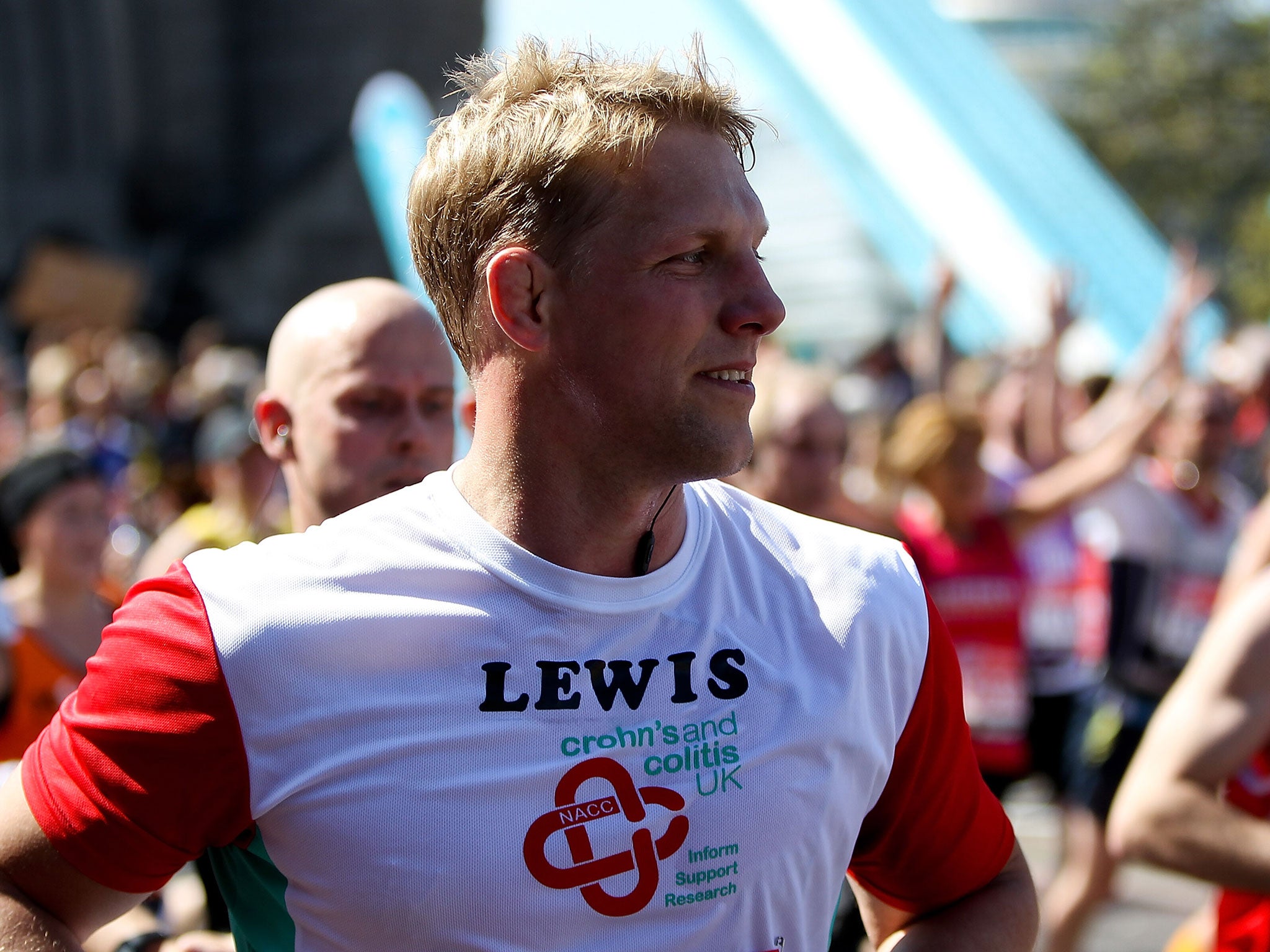Sport on radio: Blithe spirit of the Spartan who kept the home fires burning
Sport showcases the camaraderie and teamwork that must have been so essential amid the horror of that war to end all wars

Rugby players were quick to answer the call to arms at the outbreak of the Great War 100 years ago. As we learned on First World War and Sport (BBC Radio Five Live, Monday), 130 British rugby internationals lost their lives during the conflict, including 11 Lions. Of the 60 players who turned out for four London Scottish teams on the eve of war, 45 would die.
Perhaps this should not come as a surprise. Lewis Moody, former England flanker and Independent columnist, believes “rugby was a natural fit with the military”. He adds: “You have that ingrained comradeship already. You put your body on the line.” He may be overstating the case with the latter comment: there is, after all, no comparison to be made between the rough and tumble of rugger and the steel rain of no man’s land, just as the muddy field of Welford Road is a million miles from the gruesome conditions in the trenches. But he makes a valid point that sport already showcases the camaraderie and teamwork that must have been so essential amid the horror of that war to end all wars.
Professor Tony Collins makes the point that the continuation of sport on the home front was important to maintain morale. One of the most interesting aspects of the programme was how women’s football took off during the war, especially among those who worked in factories. The sense of liberation was enormous for women who did men’s work and also played men’s games.
We hear of Bella Reay, who won the Munitions Cup with Blyth Spartans; she played from the age of 17 to 20, scoring an incredible 101 goals in 32 matches. Her granddaughter Evonne Crawford remarked: “If it had been this day and age she would have been worth a fortune.” But she adds that in 1921 “all ladies’ teams were banned from playing”.
There are other contributions to this story, such as former footballer Clarke Carlisle telling the story of Walter Tull, the Northampton Town player who became the Army’s first black officer; and Steve Williams looking at the life of fellow rower Frederick Septimus Kelly, who forced retreating troops back out of the trenches to keep fighting.
But for now let’s remember the forgotten female footballers and all those women who found freedom through sport, only to have it taken away again when the war was over.
Subscribe to Independent Premium to bookmark this article
Want to bookmark your favourite articles and stories to read or reference later? Start your Independent Premium subscription today.

Join our commenting forum
Join thought-provoking conversations, follow other Independent readers and see their replies